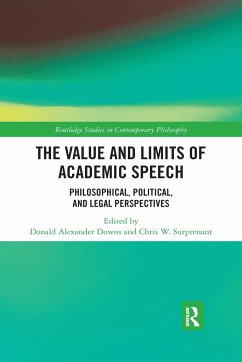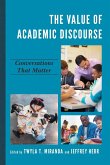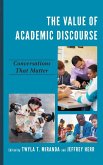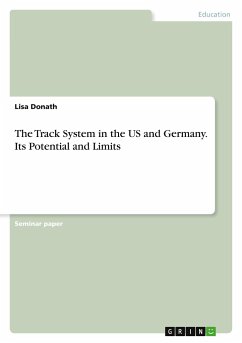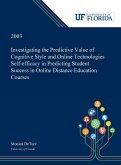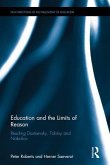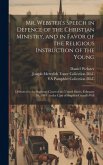Free speech has been a historically volatile issue in higher education. In recent years, however, there has been a surge of progressive censorship on campus. This wave of censorship has been characterized by the explosive growth of such policies as "trigger warnings" for course materials; "safe spaces" where students are protected from speech they consider harmful or distressing; "micro-aggression" policies that often strongly discourage the use of words that might offend sensitive individuals; new "bias-reporting" programs that consist of different degrees of campus surveillance; the "dis-invitation" of a growing list of speakers, including many in the mainstream of American politics and values; and the prominent "shouting down" or disruption of speakers deemed inconsistent with progressive ideology. Not to be outdone, external forces on the right are now engaging in social media bullying of speakers and teachers whose views upset them. The essays in this collection, written by prominent philosophers, political scientists, sociologists, and legal scholars, examine the issues at the forefront of the crisis of free speech in higher education. The contributors address the broader historical, cultural, legal, and normative contexts of the current crisis, and take care to analyze the role of "due process" in protecting academic freedom and individuals accused of misconduct. Additionally, the volume is unique in that it advances practical remedies to campus censorship, as the editors and many of the contributors have participated in movements to remedy limitations on free speech and open inquiry. The Value and Limits of Academic Speech will educate academic professionals and informed citizens about the phenomenon of progressive censorship and its implications for higher education and the republic.
Hinweis: Dieser Artikel kann nur an eine deutsche Lieferadresse ausgeliefert werden.
Hinweis: Dieser Artikel kann nur an eine deutsche Lieferadresse ausgeliefert werden.

